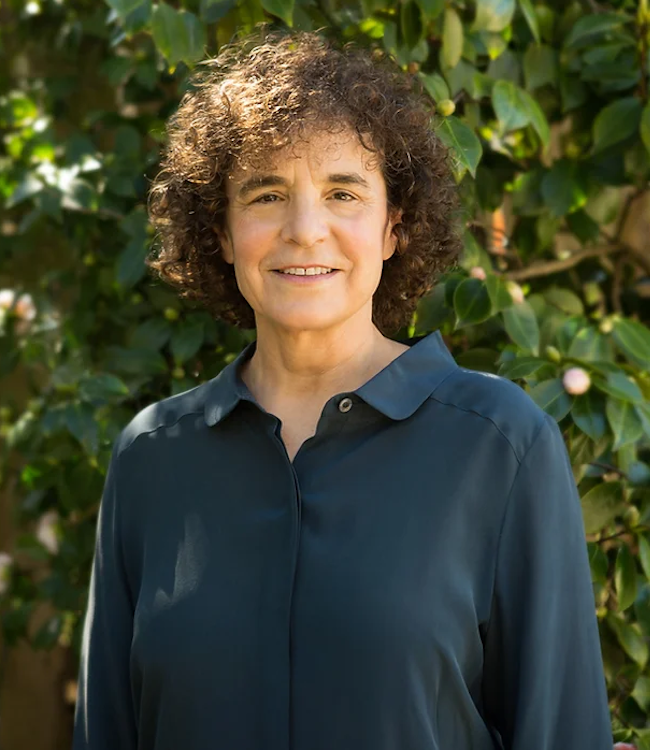Courses
Responding to Everyday Racism: Skills for Effectively Challenging Racist Words and Ideas
Oppression of people of color is embedded in social systems, not just in the behavior of individuals. The racial justice movement needs allies and advocates to confront and transform these systems as they play out in policies in education, politics, policing, corporations, and more.
In the day to day, allies and advocates are also called upon to address harmful behavior of individuals who are blatantly racist or who are upholding racist ideas—including family members, old friends, and co-workers.
Using practices and insights based on Nonviolent Communication, we’ll talk about the need to challenge racist words and ideas in everyday life, and how it can be done in a way that’s most likely to encourage individuals to change—or at least have openness to looking at beliefs and behavior. Perhaps counter-intuitively, we’ll start with ways of listening that can support true transformation.
We emphasize fostering connection and understanding, including the use of listening techniques that support true transformation.
“What Do I Do Now?”: Active Practice in Responding to Racist Comments in Our Lives
Knowing how to challenge racist words and ideas in a way that’s most likely to encourage individuals to change—or at least have openness to looking at their beliefs and behavior—is an important skills in allyship. In “Responding to Everyday Racism,” we share skills for doing just that.
However, to master these skills takes practice. In this series, we guide participants in putting the skills they learned in “Responding to Everyday Racism” into practice in real-life conversations.
This series is designed for those who have experience with Nonviolent Communication or have already participated in “Responding to Everyday Racism” with us.
Allyship for Educators: Standing up for Racial & Social Justice in the Classroom
Oppression of people of color doesn’t occur solely in the behavior of individuals—it’s embedded deep into our social systems. As participants in these larger systems, we all have a role in transforming them. One of our points of leverage is to help others understand systemic racism. This means we need to find ways to talk with those who think differently from us in ways that are connecting, rather than alienating. As educators, we have both a special responsibility and special opportunity to help shape discourse with our students around race and racism.
In this series, we will explore ways to
Respond meaningfully and empathically to perspectives that are different from your own
Stand up for racial and social justice without alienating those who differ with you
Model for your students the possibility of engaging in dialogue across difference
This workshop has been offered to members of the Justice, Equity, Diversity, and Inclusion Working Group of the University of Colorado Denver's College of Architecture and Planning; Syracuse University College of Law faculty; the Action Research Center at the University of Cincinnati; and more.
What to Do if Someone Calls You a Racist: Hard Moments on the Path to Social Justice
Course details coming soon.
Meet the Trainers
Kathy and Itzel, passionate advocates for communication across difference, offer invaluable skills for addressing racism in daily life. Learn to challenge harmful beliefs and behaviors with empathy and foster true transformation.
Itzel Hayward
After practicing law for over a decade, Itzel Hayward made the career move from lawyer to coach. Since then, Itzel has been sharing stress management techniques, collaboration skills, conflict resolution skills, and nonviolent communication skills with groups and individuals around the San Francisco Bay Area. Much of Itzel’s work is focused on anti-racism and communicating across difference and is based on the understanding that all people have the capacity for empathy and seeing each other’s full humanity. Click here to learn more.
Kathy Simon
Kathy Simon is passionate about teaching skills for communicating across difference, whether the differences arise across the kitchen table, in the classroom, the board room, or across religious, racial, and political divides. Kathy's work draws on the insights of Marshall Rosenberg’s Nonviolent Communication and incorporates her decades of experience as an educator, non-profit director, parent, and partner. She is a certified trainer with the international Center for Nonviolent Communication. Click here to learn more.


